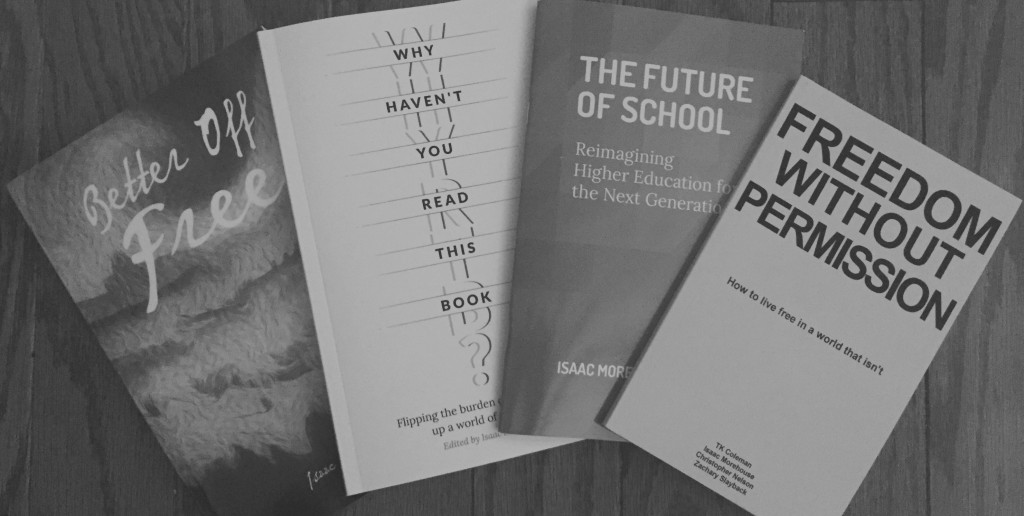Some people are flaky. Always flitting from thing to thing, idea to idea. By the time others get on board they’ve already moved on.
If this is you don’t fear. You don’t need to curb your curiosity or appetite for change in order to be successful.
Flaky can be a good thing. I know people who channel this ADD tendency into amazing productivity. They get excited by a lot of different things and their attention shifts rapidly, but they act on that excitement immediately. These are people who no sooner get excited by an idea and they’re blogging about it or buying three books on Amazon. They read the subject, launch the club, have the conversations, and start the project. They may leave loose ends and sometimes move too quickly, but they leave a beneficial surplus of ideas and energy in their wake that gets picked up by others.
Good flaky shifts attention rapidly but “ships” just as rapidly.
Flaky can be a bad thing too. I know people who have the same ADD tendencies but with each new interest it’s only talk. They constantly talk about what they’re going to do, what new thing they’ve discovered, the newest solutions, movements, cures. They always have something in progress or “almost ready”. Articles they want to write, websites about to launch, events they are planning with their friend, some new thing or another. They get you excited but don’t deliver.
Bad flaky shifts attention rapidly and never “ships” anything.
Productive flakes are fun and can be a boon to a team or cause. It’s pretty easy for people to know their strengths and limitations. They don’t do well in long-term managerial roles, but they are great for creative projects and rallying people around short-term visions. They are the kind of people who get away with breaking rules. People accommodate them and don’t demand as much predictability and consistency. They can be late. They can drop communication sometimes. They can forget things. These are annoying but known traits that become tolerable given the constant production. Just when you’re about to get mad that a ball was dropped, a brilliant piece of work you never expected emerges. Getting sh*t done covers a multitude of eccentricities.
Unproductive flakes are frustrating and drag projects and people down. They have the same exciting energy and stream of ideas at first, which makes the failure to deliver all the worse. The roller-coaster of expectations and disappointments gets old fast. They get ignored. They burn through social capital. Their emails don’t get responses. Ideas and a fun attitude are not enough. If you’re not shipping they become annoying. The bad flake turns their greatest asset into a liability.
It’s pretty simple.
If you know you have ADD tendencies, be a good flake. Immediately act. Don’t let the moment of inspiration go. Your lack of long-term focus doesn’t have to ruin you. But overcome the fear or insecurity or laziness or whatever holds you back and act on your inspiration immediately, always, every time. You’ll amass a great body of work, gain a solid reputation, and have a lot of fun.
Whatever you do, don’t talk about your latest passion unless and until you’ve shipped something to show for it.
(If you’re not at all prone to flakiness, this post isn’t for you. Sorry. You have a different challenge with too much cost-benefit analysis or an obsession over options.)
